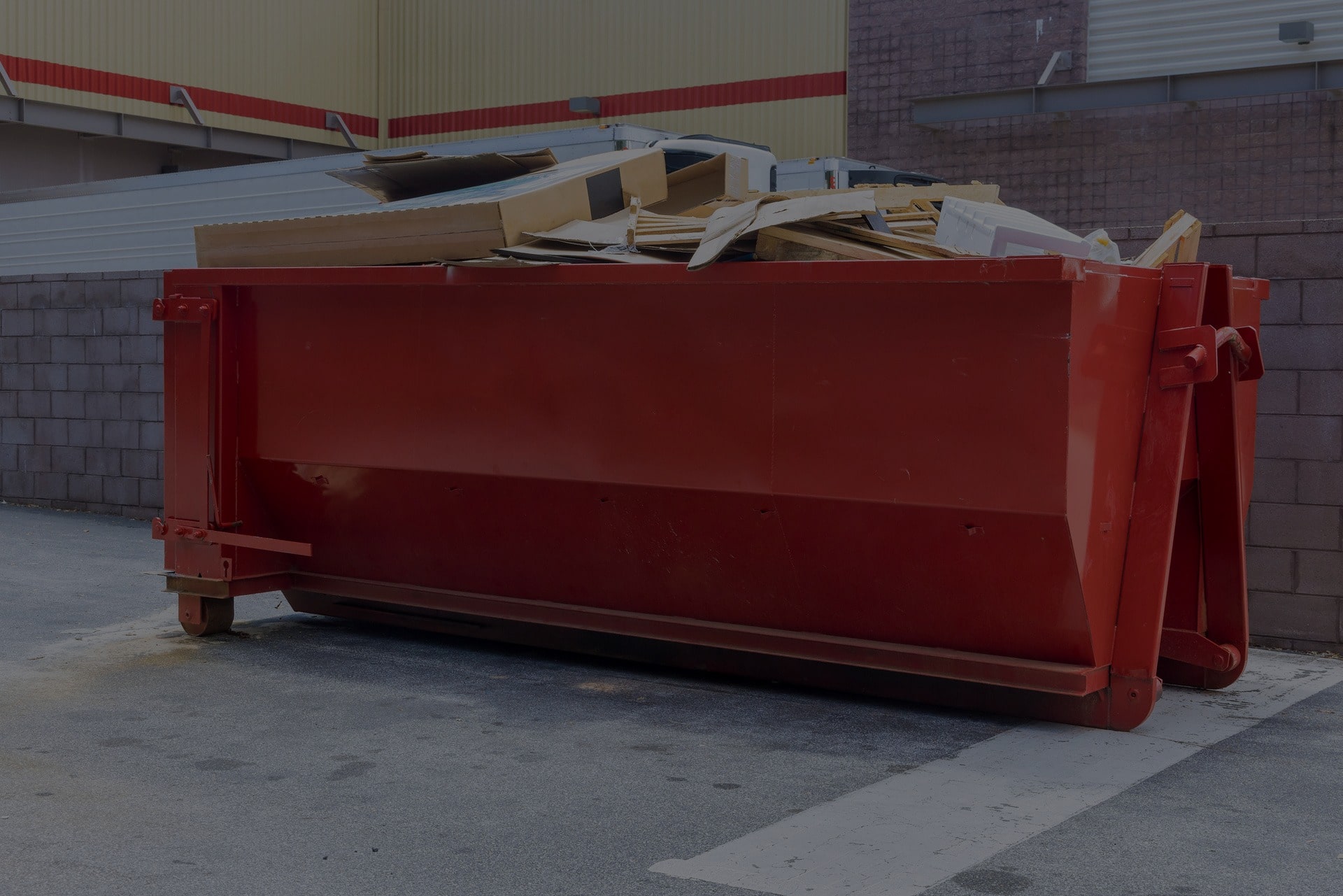Restrictions and Regulations in Miami –
The responsible disposal of large appliances is a critical aspect of waste management, ensuring environmental protection and public safety. Large appliances, such as refrigerators, must be handled and disposed of in a manner that complies with regulations and restrictions in place. In this article, Ready2Go Dumpsters, a waste management company in Miami, will delve into the restrictions on disposing of large appliances like refrigerators and explore environmentally friendly and lawful disposal options.
1. The Importance of Responsible Appliance Disposal
Large appliances, including refrigerators, contain various components that can be harmful to the environment and human health if not disposed of properly. These components often include refrigerants, insulating foams, and other materials that could release hazardous substances when left to decay in landfills. Responsible disposal not only protects the environment but also promotes sustainability through recycling and proper waste management practices.
2. Understanding Regulations and Restrictions
In Miami, as in many other locations, there are specific regulations and restrictions governing the disposal of large appliances:
a. Banned from Landfills: Large appliances like refrigerators are typically banned from being disposed of in municipal landfills due to their potential environmental impact.
b. Hazardous Components: Refrigerators contain refrigerants like chlorofluorocarbons (CFCs) and other potentially harmful components that need to be carefully managed and disposed of in an environmentally safe manner.
c. Environmental Protection Laws: Federal and state environmental protection laws mandate proper disposal of appliances to prevent pollution and harm to the environment.
d. Illegal Dumping: Discarding appliances illegally, such as in unauthorized locations or dumping them in public areas, is strictly prohibited.
3. Environmental Hazards Associated with Improper Disposal
Improper disposal of large appliances, particularly refrigerators, can lead to significant environmental hazards, including:
a. Ozone Depletion: Refrigerants like CFCs and hydrochlorofluorocarbons (HCFCs) can deplete the ozone layer, contributing to global environmental issues.
b. Air Pollution: The burning or incineration of appliances releases harmful gases and pollutants into the atmosphere.
c. Soil Contamination: The breakdown of appliances in landfills can contaminate the soil with hazardous chemicals and heavy metals.
d. Water Pollution: Leachate from landfills containing substances from appliances can contaminate nearby water sources.
4. Responsible Disposal Options for Large Appliances
To ensure responsible disposal of large appliances like refrigerators, consider the following environmentally friendly options:
a. Local Recycling Facilities: Many recycling facilities accept large appliances for recycling. They dismantle and recycle components, diverting materials from landfills and reducing environmental impact.
b. Retailer Take-Back Programs: Several retailers offer take-back programs where you can return old appliances when purchasing new ones. These programs typically ensure proper disposal or recycling.
c. Municipal Appliance Collection Programs: Check with your local municipality for scheduled appliance collection days or programs where they pick up and dispose of large appliances safely.
d. Authorized Waste Disposal Facilities: Locate authorized waste disposal facilities or transfer stations that accept large appliances for proper handling and disposal.
e. Specialized Waste Management Companies: Waste management companies like Ready2Go Dumpsters often have the expertise and resources to properly handle and dispose of large appliances according to regulations.
5. Tips for Preparing Appliances for Disposal
Before disposing of a large appliance like a refrigerator, follow these steps to prepare it for proper disposal:
a. Remove Hazardous Materials: Safely extract and dispose of refrigerants and other hazardous components following appropriate guidelines.
b. Secure or Remove Doors: Remove or securely latch doors to prevent accidents and injuries during transport and disposal.
c. Seal Refrigerant Lines: If possible, have a certified technician seal the refrigerant lines to prevent leakage during transportation and disposal.
d. Drain Fluids: Ensure that all fluids, such as oil or coolant, are drained and properly disposed of in compliance with regulations.
e. Contact a Certified Technician: If unsure about handling refrigerants or other components, consult a certified technician for assistance.
6. How Ready2Go Dumpsters Can Help
Ready2Go Dumpsters is a waste management company in Miami that specializes in responsible waste disposal, including large appliances. Our professional team is trained to handle and dispose of large appliances according to regulations and environmental guidelines. We prioritize sustainable practices and environmentally friendly disposal options, ensuring compliance with local laws and restrictions.
Responsible disposal of large appliances, especially refrigerators, is crucial to protect the environment and public health. Understanding the regulations and restrictions surrounding appliance disposal is essential for compliance. Choose environmentally friendly disposal options like recycling, retailer take-back programs, or authorized waste disposal facilities. Reach out to waste management companies like Ready2Go Dumpsters that prioritize proper and responsible appliance disposal, contributing to a cleaner and safer environment for all. Together, let’s embrace eco-friendly practices and work towards a sustainable future. Contact us to learn more.






